PERSONALIZED CARE, ONLINE
Acne Treatment Online
Frustrated and embarrassed by those pesky bumps on your face, chest or back? Tired of over-the-counter acne products that aren’t working? Don’t let acne dim your confidence!
Medications from$24 / month
- Prescription skincare
- Doctor-recommended treatments, dermatologist-trusted ingredients
- Free, discreet delivery
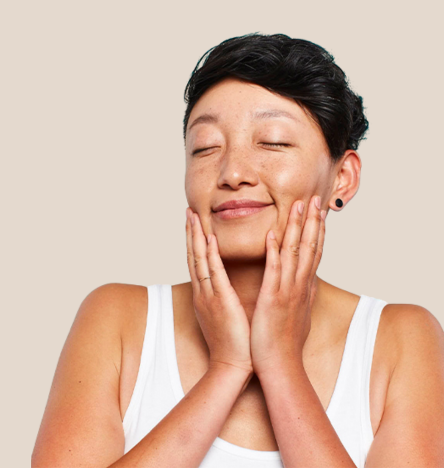
Doctor's Consultation fee
$20 incl. GST
Doctors
Online
Confidential
Delivery
on Google
Acne Treatment Options
If your over-the-counter acne products aren’t working, it may be time to ditch them, as some stubborn acne can only be treated with prescription medications. At Siena, our doctors will evaluate your skin condition and curate a personalised treatment plan for you that may include the following:
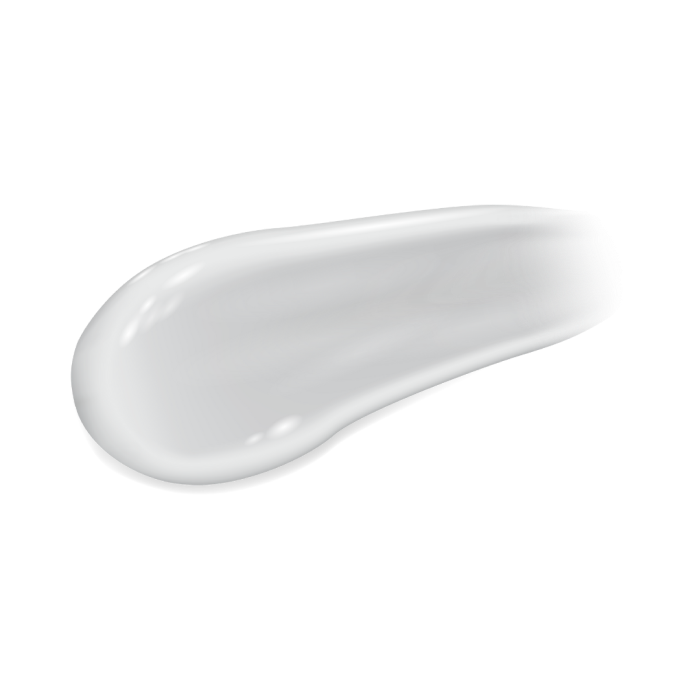
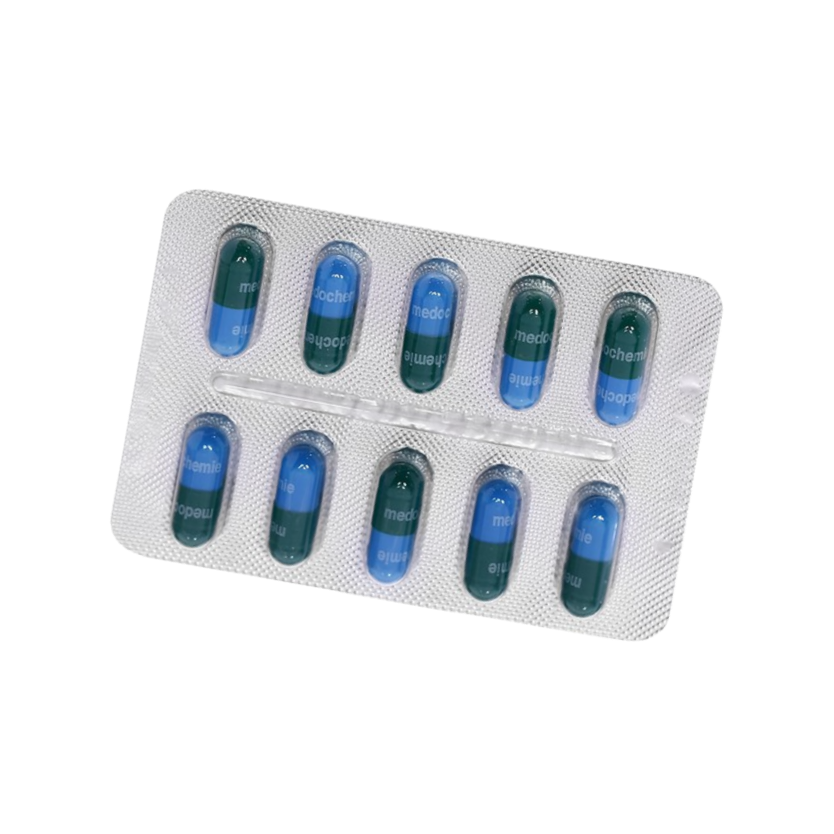
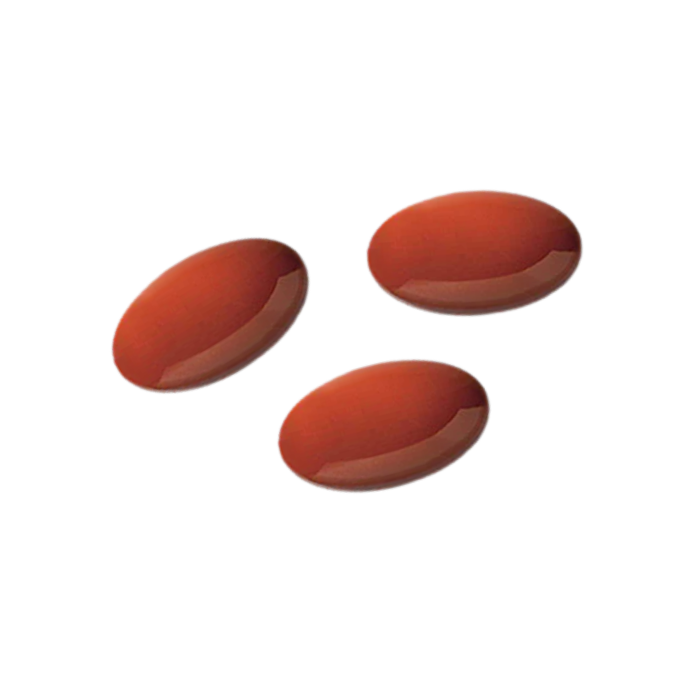
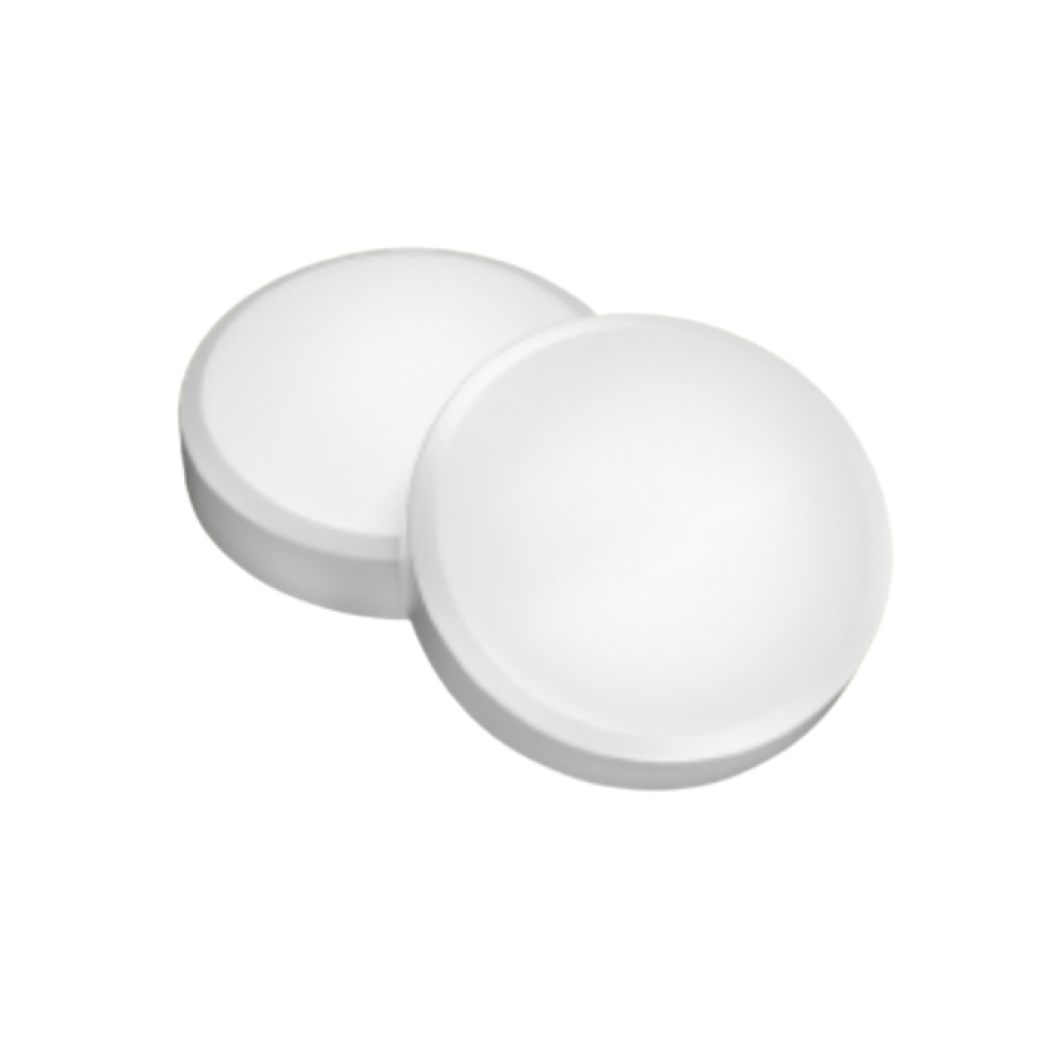

How Siena Works

1. Start your visit
Answer a few questions on your skin concerns and medical history.Book appointment

2. Speak with a doctor
A doctor will review your details and video call you at a time of your convenience.
3. Free delivery to your door
If prescribed, your acne treatment is delivered right to your door in a discreet packaging.Types of Acne We Treat
Not all acne is created equal. Acne can appear in various forms and you may be experiencing one or more types of acne. At Siena, we aim to ensure that you receive the correct treatment for your specific skin issues.
